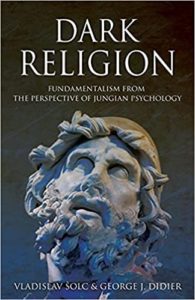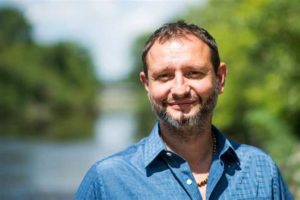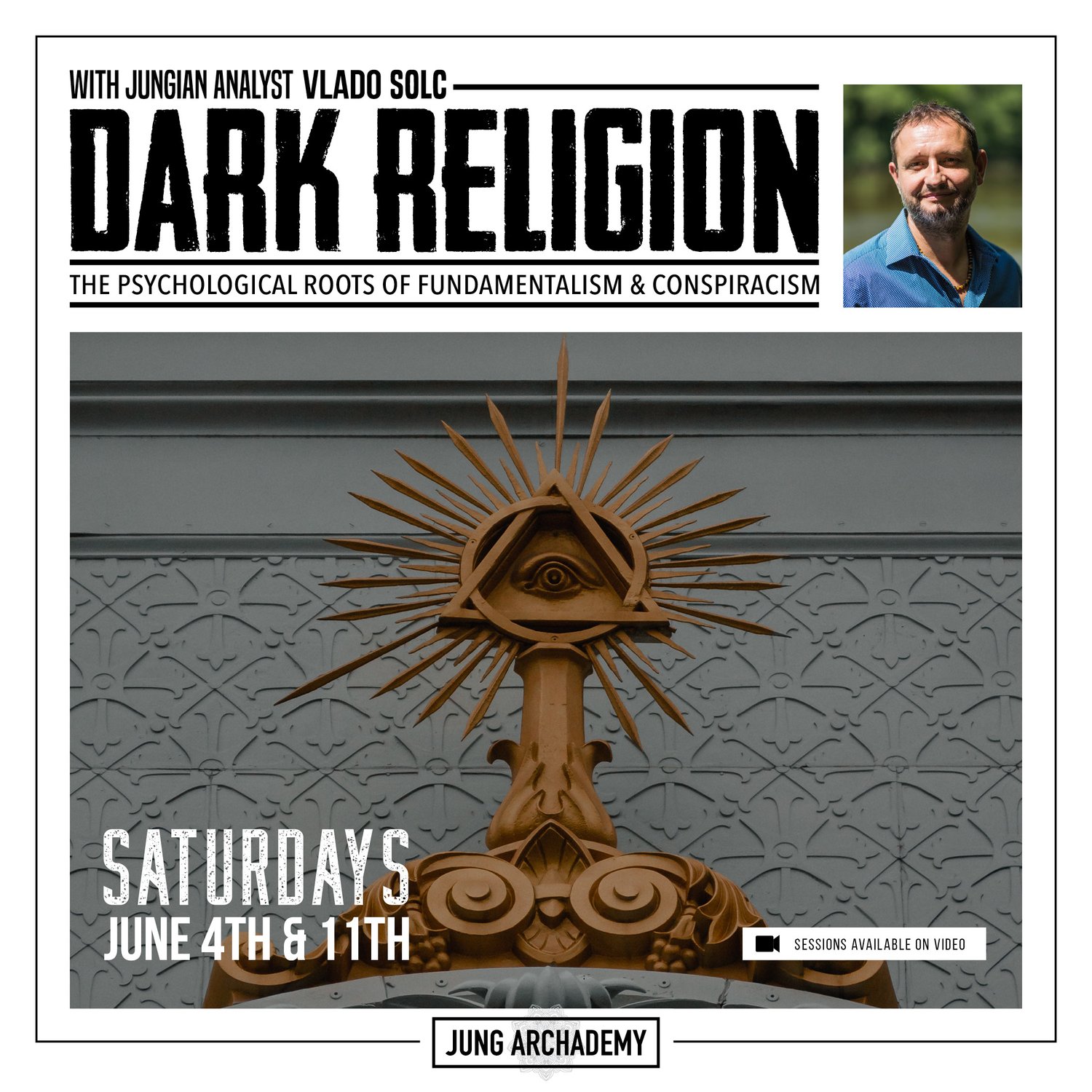Conspiracy Theories! What is it about those powerful energies? How can we understand this phenomenon or even talk about it?
April 29 at 9:30 am - 1:00 pm EDT
1320 Cambridge Blvd., Columbus, Ohio 43212.
It will also be available by Zoom. Scroll below to register. We hope you can join us. Three CEUs will be available. There is a nominal CEU charge for members and a $15 CEU charge for non-members, in addition to the registration fee. See “Tickets” below.
 Conspiracy theories have been gradually occupying larger domains of cultural and political life. This presentation will take a symbolic perspective and offer a non-dismissive understanding of the reasons for strong adherence to conspiracy theories. Inadequate and noncredible representations of numinous energies in consciousness unwittingly contribute to the creation of structures with notable mythological parallels. Jung referred to this phenomenon as an “axiom of psychology,” which can explain both the archetypal nature of conspiracism and its resistance to rational correction. Thinking is free from the unconscious influence of the Self only to the extent that it is able to recognize and to relate to numinous contents, on one hand, and to withdraw projections from the object, on the other. Exploring conspiracy theories as symbols rather than rational constructs offers more fruitful solutions to our current social problems.
Conspiracy theories have been gradually occupying larger domains of cultural and political life. This presentation will take a symbolic perspective and offer a non-dismissive understanding of the reasons for strong adherence to conspiracy theories. Inadequate and noncredible representations of numinous energies in consciousness unwittingly contribute to the creation of structures with notable mythological parallels. Jung referred to this phenomenon as an “axiom of psychology,” which can explain both the archetypal nature of conspiracism and its resistance to rational correction. Thinking is free from the unconscious influence of the Self only to the extent that it is able to recognize and to relate to numinous contents, on one hand, and to withdraw projections from the object, on the other. Exploring conspiracy theories as symbols rather than rational constructs offers more fruitful solutions to our current social problems.
Šolc and Didier remind us of the importance of healthy religious institutions and communities that have the spiritual tools to help us discover deeper religious meanings through worship, prayer, and ritual practices that contain powerful numinous energies for our understanding. Yet we should be careful of religious grandiosity which might protect us from our own suffering, doubts and from the deeper Self emerging from valuing paradox, imagination, conflict and emerging novelty in religious experience and understanding. – David J. Dalrymple, Ph.D., affiliate minister of the Unitarian Universalist Congregation of Charleston, a pastoral psychotherapist and Jungian psychoanalyst
Participants will learn:
The psychological phenomena and dynamics underlying dark religion and conspiracism.
The definition of the ego and the Self as used in Jungian theory.
How the Self, namely non-credible representations of numinous energies, influences the way ego holds onto the dark religion & conspiracy theories.
What constitutes that adherence to be considered excessive, unhealthy.
What are mythological and clinical parallels of the phenomena.
How to identify the difference between spirituality and Dark religion.
Where conspiracism and creed overlap.
The basic idea of numinosum in Jungian psychology.
The phenomena of identification, inflation, possession, and split-off.
 Vlado Šolc is a psychotherapist and Jungian Analyst practicing in Glendale, WI. Vlado received training from C.G. Jung Institute of Chicago and Charles University in Prague. Vlado is an active member of IAAP and Aurora Medical Group. Vlado focuses on psycho-spiritual crisis (loss of life’s meaning and direction), mind-body connection (psychosomatic issues), immigration & cultural issues, and women empowerment (emancipation). His specialties also include treatment of addictions, individual and marital psychotherapy with adult, and youth populations. Vlado lives in constant awe about the miracle of existence. Vlado has presented in North America, Asia and Europe. He is an author of numerous articles and depth psychology-oriented books: Psyche, Matrix, Reality; The Father Archetype, In the Name of God – Fanaticism from Perspective of Depth Psychology, Dark Religion, Individuation and Democracy in the Time of Conspiracy Theories.
Vlado Šolc is a psychotherapist and Jungian Analyst practicing in Glendale, WI. Vlado received training from C.G. Jung Institute of Chicago and Charles University in Prague. Vlado is an active member of IAAP and Aurora Medical Group. Vlado focuses on psycho-spiritual crisis (loss of life’s meaning and direction), mind-body connection (psychosomatic issues), immigration & cultural issues, and women empowerment (emancipation). His specialties also include treatment of addictions, individual and marital psychotherapy with adult, and youth populations. Vlado lives in constant awe about the miracle of existence. Vlado has presented in North America, Asia and Europe. He is an author of numerous articles and depth psychology-oriented books: Psyche, Matrix, Reality; The Father Archetype, In the Name of God – Fanaticism from Perspective of Depth Psychology, Dark Religion, Individuation and Democracy in the Time of Conspiracy Theories.

